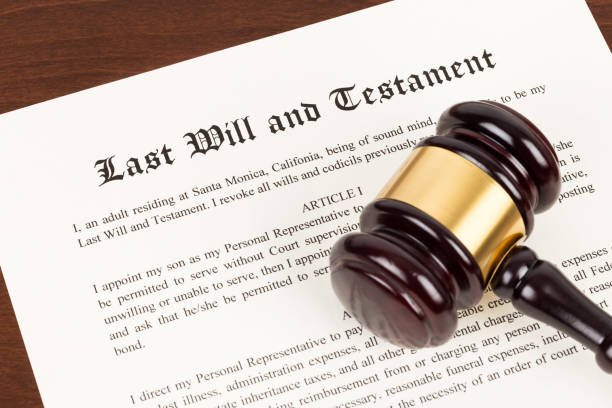Understanding Wills & Trusts Notarization: A Comprehensive Guide
Wills and trusts Notarization in Indianapolis IN are crucial legal documents that manage your estate and outline your wishes for after your death. Notarization is a process that provides additional security and validity to these documents. It involves a notary public who verifies the identity of the signers and ensures that the documents are signed voluntarily and correctly.
Why Is Notarization Important for Wills & Trusts?
Notarization helps in:
Preventing Fraud: Ensures the document is signed by the actual person and not under duress or coercion.
Legal Validity: Enhances the authenticity of the document, which can be critical in legal disputes or challenges.
Acceptance in Court: Many jurisdictions require notarized documents for them to be accepted in probate court.
How to Notarize a Will
Prepare the Will: Ensure the will is complete and accurately reflects your wishes.
Find a Notary Public: Locate a licensed notary public in your area.
Schedule an Appointment: Arrange a time for notarization.
Sign in Presence of Notary: Sign the will in front of the notary, who will then affix their seal and signature.
How to Notarize a Trust
Prepare the Trust Document: Complete all sections of the trust document.
Choose a Notary: Identify a qualified notary public.
Sign the Trust Document: Sign the trust in the notary’s presence.
Receive Notarization: The notary will add their stamp and signature to validate the document.
Common Misconceptions about Notarization
Notarization Guarantees Legal Validity: While it verifies identity and voluntary signing, it does not guarantee that the document will be legally enforceable or immune to challenges.
A Notarized Document Is Always Accepted: Notarization helps, but acceptance can still depend on specific legal requirements in your jurisdiction.
FAQs
1. Do all states require notarization for wills and trusts?
Not all states require notarization, but it is often recommended. Each state has different laws regarding the necessity of notarization for wills and trusts.
2. Can I notarize a will or trust myself?
No, you cannot notarize your own will or trust. The notary must be an impartial third party.
3. What if I need to make changes after notarization?
You can make changes, but you will need to have the revised document notarized again to maintain its validity.
4. How much does notarization cost?
Notarization fees vary by location and the complexity of the documents. Some notaries charge a flat fee per document or per signature.
5. How long is a notarized will or trust valid?
A notarized will or trust remains valid as long as it complies with state laws and no changes are made that require re-notarization.
Summary
This guide provides an overview of the notarization process for wills and trusts, emphasizing the importance and procedures involved. Always consult with a legal professional for advice tailored to your specific situation.









